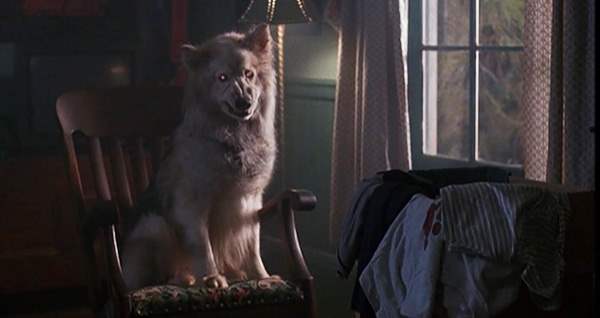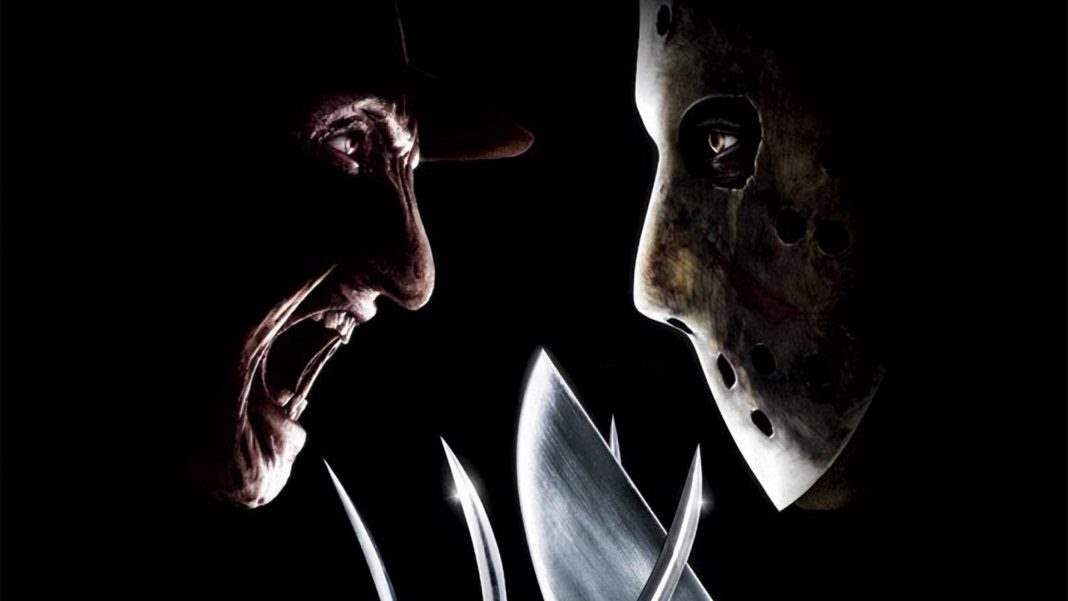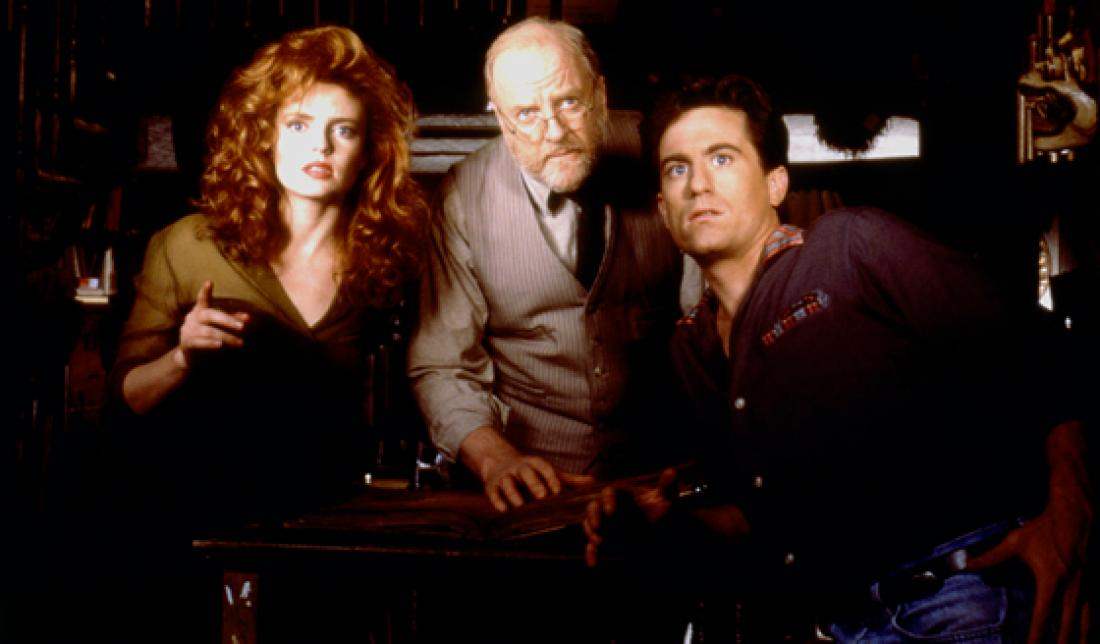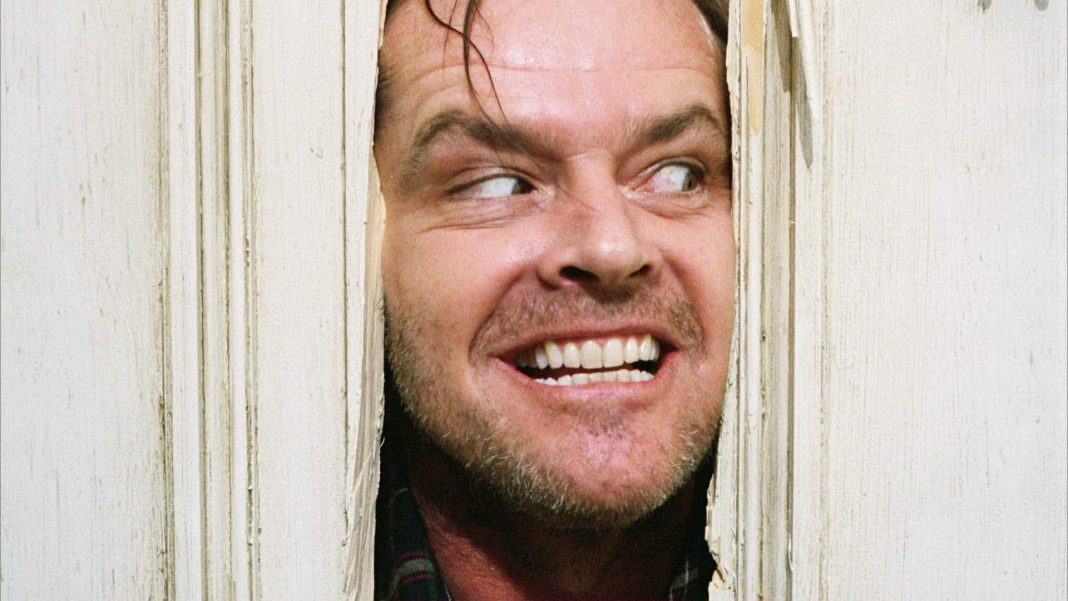No Stephen King story needed a sequel less than Pet Sematary. I don’t think there’s any point in debating that. Aside from maybe Rage, it’s the most unrelentingly dark tome he ever wrote. It’s a moral fable about accepting death and covers so much ground as such that you really wouldn’t think there’d be anywhere for a second one to go. But Pet Sematary made money, so it was going to get a follow-up one way or the other. I’m happy and grateful that Mary Lambert, who directed the hell out of the first, elected to return.
Where it succeeds and, ultimately, where it stands on its own is on the story level. While Pet Sematary dealt with death from the perspective of young Ellie Creed in places, it was told from the point of view of a parent. The crux of that story was really a parent being forced to deal with the loss of a child.
Pet Sematary Two wisely inverses that concept by focusing our lead on a young boy of about thirteen, who is unable to deal with the loss of his mother. He refuses to admit that she is gone, hasn’t let any of her clothes go to Goodwill despite his father’s pleading.
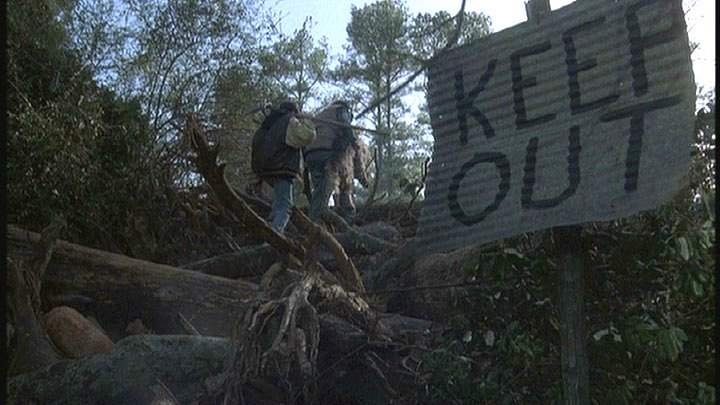 Partnered with this, there’s another concept that the first film didn’t explore that gets tackled this time around: what if someone was buried in the Micmac ground that was already a scumbag to begin with? While Clancy Brown’s Gus might not necessarily be evil, he’s abusive and mean and definitely not the kind of person who should be upholding the law.
Partnered with this, there’s another concept that the first film didn’t explore that gets tackled this time around: what if someone was buried in the Micmac ground that was already a scumbag to begin with? While Clancy Brown’s Gus might not necessarily be evil, he’s abusive and mean and definitely not the kind of person who should be upholding the law.
After he comes back, he’s a monster and provides with a bit more of a slasher sort of feel than you’d expect from Pet Sematary. The only central antagonist in the first was the ground itself and perhaps Louis. Gus very much provides a face for the Micmac’s evil and Clancy Brown gives an excellent, ugly performance in the part.
The locations and atmosphere of Pet Sematary Two also help to contextualize it and place it within the world of the first film. At the same time, I like that it is not drawn into repeatedly reminding viewers of the first story, as many King sequels do. Instead, the first was recapped as a sort of urban legend, which is the best way to go about it. It’s a tale passed around the campfire, and it’s interesting that they have differing ideas as to the fate of Ellen Creed.
What really makes Pet Sematary Two work, though, is the heart. It’s strange, because the concept is so inherently dark, but Pet Sematary as a whole only really works because it is centered on a story and is about loving someone so much that you cannot let them go. A child dealing with the loss of a parent was the undiscovered country never quite tapped by the first, so Pet Sematary Two makes the most of it. I don’t think we would have found that with another director, and that’s why I think it was so important to bring Mary Lambert back. She wasn’t interested in retracing her steps and nobody else was either. I think because of that, we weren’t treated to complete rehash.
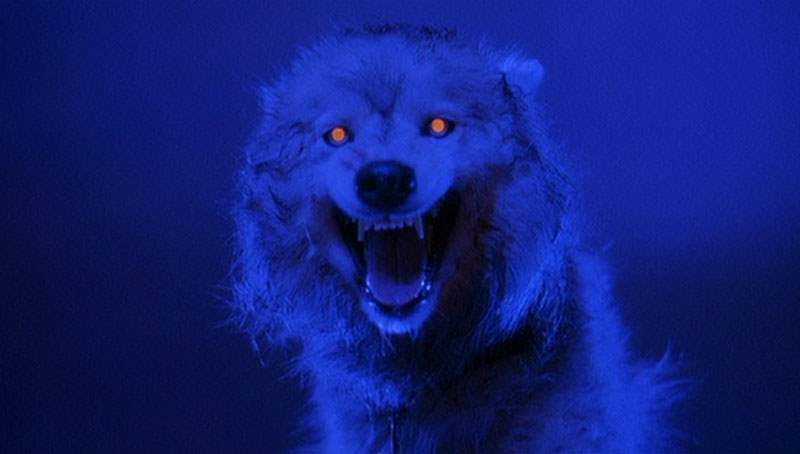 A young Edward Furlong, right after T2, really shines in an unexpected way and is definitely a large part of what makes the movie work. It’s rare to see a young boy as the lead in an R-rated horror film. They’re usually left to star in more family-oriented horror, which I get, but that’s what makes this one an interesting and risky move.
A young Edward Furlong, right after T2, really shines in an unexpected way and is definitely a large part of what makes the movie work. It’s rare to see a young boy as the lead in an R-rated horror film. They’re usually left to star in more family-oriented horror, which I get, but that’s what makes this one an interesting and risky move.
Usually, if there’s a central kid, it’s like The Shining, where the boy plays second fiddle to the father. That’s reversed here. It’s the dad that’s the second-stringer. He’s almost a jarring character at first because he seems to be completely over his wife’s death. But we’re seeing things through the child’s perspective, which is an important distinction. It’s the parent’s job to make themselves available and try to get things back to normal, which young Jeff can’t do.
It’s not a perfect film, of course, and it’s certainly nowhere near the same level as the first. But it doesn’t have to be and it’s not trying to be. There are some shots that are held for too long, a couple of editing missteps, but nothing that keeps the movie from being watchable and entertaining.
It doesn’t have anything like the low, low-budget issues of the neverending Children of the Corn franchise. Pet Sematary Two is also funnier than one would expect it to be, given how unrelentingly dark the original was. A lot of that darkness is present here, but it’s balanced out with a bit more grim humor.
 The movie succeeds in part because it feels more like a Stephen King adaptation than many official productions based on his work, even though it’s not directly based on a story King wrote. I don’t know if he was offered to return to write the script for the second entry, but I can’t imagine he would have agreed even if he was. The story does stand on its own and doesn’t need a sequel. But there’s so much Maine atmosphere here that’s inherently King and definitely pays respect to the author.
The movie succeeds in part because it feels more like a Stephen King adaptation than many official productions based on his work, even though it’s not directly based on a story King wrote. I don’t know if he was offered to return to write the script for the second entry, but I can’t imagine he would have agreed even if he was. The story does stand on its own and doesn’t need a sequel. But there’s so much Maine atmosphere here that’s inherently King and definitely pays respect to the author.
There’s even a macabre down-home New England feel to the deaths themselves, where we have one murder by dirtbike and probably the first tragic potato truck crash in cinematic history. While it contains more dark humor than the first, there’s also more gore than the original and I think these two things go hand in hand. There are more squeamish, visceral, hard to look at moments–which the ’89 film already had its share of.
These elements of the movie–particularly the death scenes–seem absurd, and they are, but I think that absurdity is a bonus for the narrative, not a hindrance. Pet Sematary Two was never going to be as emotionally complex as the original and I think because of that we need a little bit more humor and traditional horror movie stuff to balance out the incredibly bleak tone. Mary Lambert definitely seemed to have gotten that when she came back to direct the sequel and I think because of that it’s a much better feature than it really should have been.


